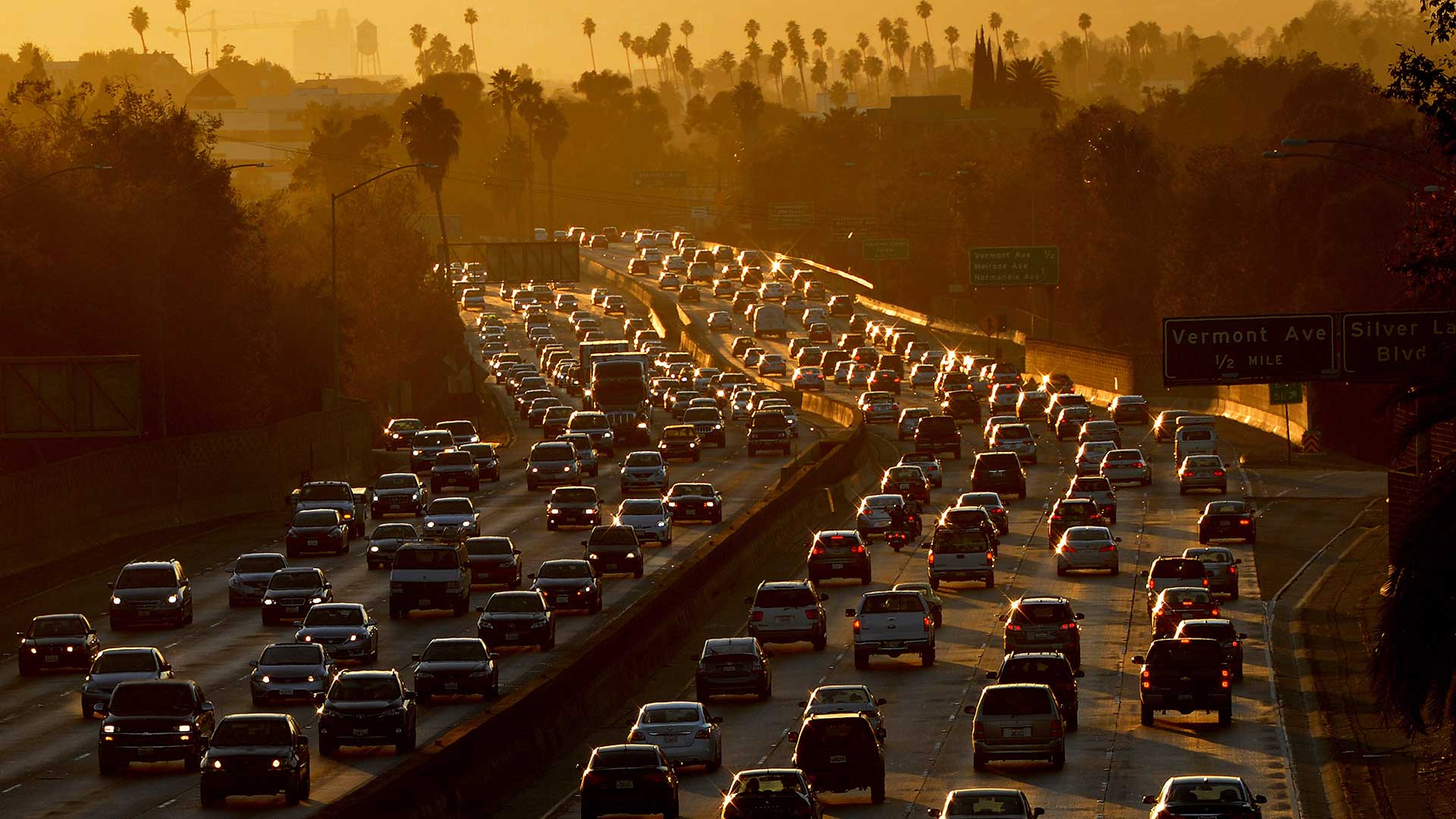

Despite all the controversy generated by the Trump administration’s quarrel with the state of California, the President and his board are reportedly changing their stance on fuel economy and emissions standards. This development comes at a time when automakers and the United States are at odds with each other, particularly with California’s authority to determine how it regulates its own fuel consumption and pollution via automobiles.
According to original reporting from The Wall Street Journal, the Trump administration is no longer looking to eliminate regulations set forth by the Obama administration completely. Instead, lawmakers are looking to restructure how the industry regulates fuel economy and emissions standards by measuring them both together and requiring that all automakers improve their ratings by 1.5 percent annually. Previously, the Obama administration demanded that automakers find ways to make gains of five percent annually both with curbing pollution and increasing the fuel efficiency of automobiles.
Originally, the Trump administration wanted to freeze Corporate Average Fuel Economy goals at 37 miles per gallon, the target set for 2019. But after heavy lobbying from the industry, the new plan is to account for both fuel consumption and emissions and to set a new improvement rate.
Earlier this week, several automakers sided with the Trump administration’s initial decision to retain current gas mileage and pollution standards by halting a lawsuit filed by the Environmental Defense Fund. This comes in opposition to a group of manufacturers including BMW, Volkswagen, Honda, and Ford that wish to stick with California and increase the expected fuel economy and emissions standards.
“The Trump administration is focusing on finalizing [its] rule which will deliver one national standard to the American auto market,” said Michael Abboud, an Environmental Protection Agency spokesman, in an interview with WSJ.
When the Obama administration set its future standards, particularly one that noted a Corporate Average Fuel Economy goal of 54.5 miles per gallon for cars and light-duty trucks by the year 2025, some automakers hopped on board while a few others fought back. Those protesting the regulations claimed such goals were unrealistic while they put too much pressure and emphasis on passenger vehicles when the heavy-duty truck segment seemed to have more flexibility and less stringent requirements.
But despite the retraction, the California Air Resources Board still insists that the reduction to a 1.5 percent annual increase won’t allow for the state to meet federal air quality standards.